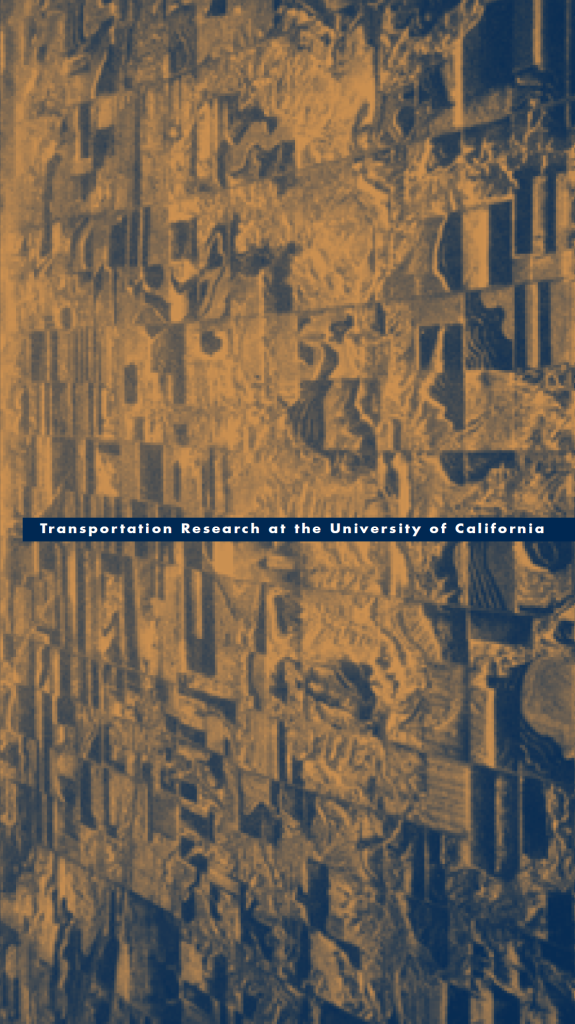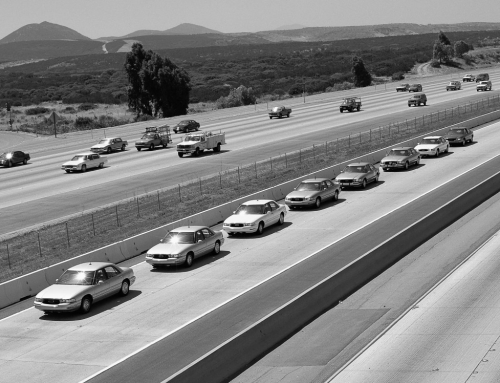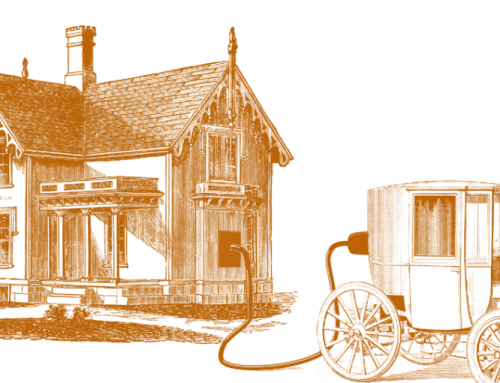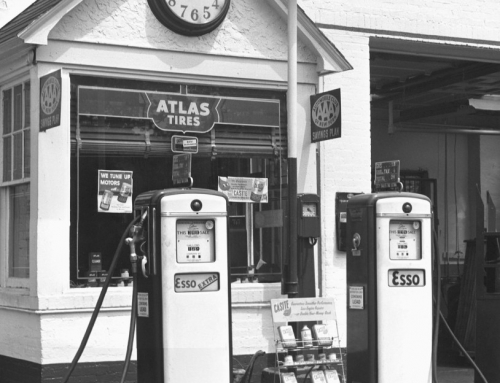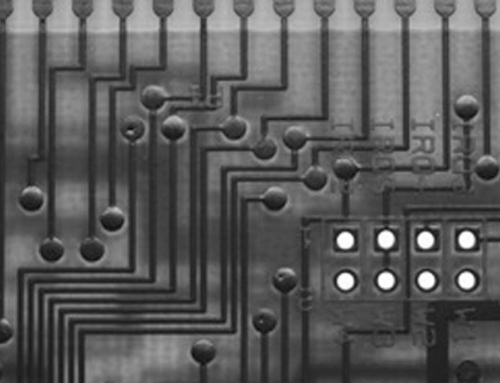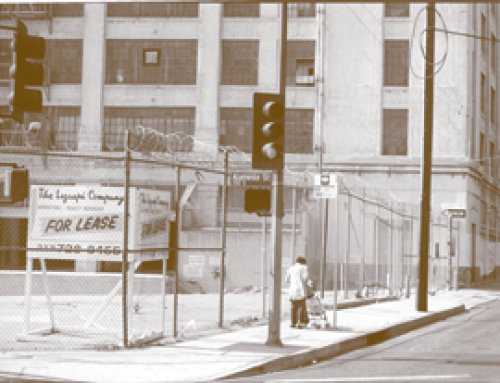Transportation is a field in which everyone is an expert. If we’re bus riders, we know where to catch the bus, which one to take, and what’s wrong with the service. Motorists know how to start the car, how to fill it up, and maybe even how to fix it. And there’s one topic on which everybody is an authority: traffic.
Everyone knows traffic congestion has been increasing. More: we all know it has become horrendous. A recent public opinion poll where I live says it’s the most serious public policy issue of our time. It’s no wonder so may university researchers, the “real” experts, are trying to understand its causes and possible remedies. But it’s surprising that so many of their findings have been turning out to be counter-intuitive, if not, well, surprising.
 In contrast to contract research for which the results can be specified ahead of time, the outcomes of academic research are often wholly unpredictable. University researchers are encouraged to pose their own research questions and then to follow the logic of their inquiries wherever it may lead them. When the system works as it should, the investigators’ biases are irrelevant. Whatever their beliefs and hence their preferred findings might be, they bear no influence on the conclusions. The results are frequently surprising, even to the researchers themselves.
In contrast to contract research for which the results can be specified ahead of time, the outcomes of academic research are often wholly unpredictable. University researchers are encouraged to pose their own research questions and then to follow the logic of their inquiries wherever it may lead them. When the system works as it should, the investigators’ biases are irrelevant. Whatever their beliefs and hence their preferred findings might be, they bear no influence on the conclusions. The results are frequently surprising, even to the researchers themselves.
In a recent issue of ACCESS, Patricia Mokhtarian and Ilan Solomon told us that most people, in spite of what we may think, actually like to commute. Their studies suggest that policies aimed at lowering traffic peaks are hindered by commuters’ preferences for about sixteen minutes’ worth of travel.
In an earlier issue Robert Cervero reported on his study into the effects of the spatial mismatch of jobs and housing. He had already written extensively on the subject, and so began his work expecting to find little difference in joblessness among racial groups. But, to his surprise and ours, his new findings showed that race is more important than space in explaining joblessness, at least among African Americans. And so it has commonly gone—surprising research findings and surprising outcomes.
Congestion pricing has gained considerable support in recent years and may stand today as the preferred remedy for traffic congestion, at least among academics. But now along comes Mark Delucchi arguing that, even if we tried to apply marginal social costs pricing, it wouldn’t work. He contends that it’s too hard to calculate the right prices, and that even if we could do so we’d generate undesired effects such as converting transit riders into car drivers. And besides, he says, there are other things more important than transportation efficiency.
But transportation efficiency is very important to researchers who’ve been developing plans for automated highways. As Steven Shladover reports here, PATH has successfully demonstrated its design for a new transportation system in which cars can drive themselves, running at very close headways and very high speeds, thus promising a doubling or tripling of freeway capacity and dramatic reductions in congestion. The big surprise to each of us is that a car can drive better than we can.
Perhaps this issue’s greatest surprise comes from Timothy Lipman’s projections about the future of transportation energy. What might happen, he asks, if the preferred cars of the future turn out to be electrics, powered by fuel cells? They’ll be recognized as having such tremendous capacity for generating electricity that they’ll be tied in to supplement the electric-power grid. And then, he suggests, instead of plugging our new electric car into the house to recharge it, we might plug the house into the car.

